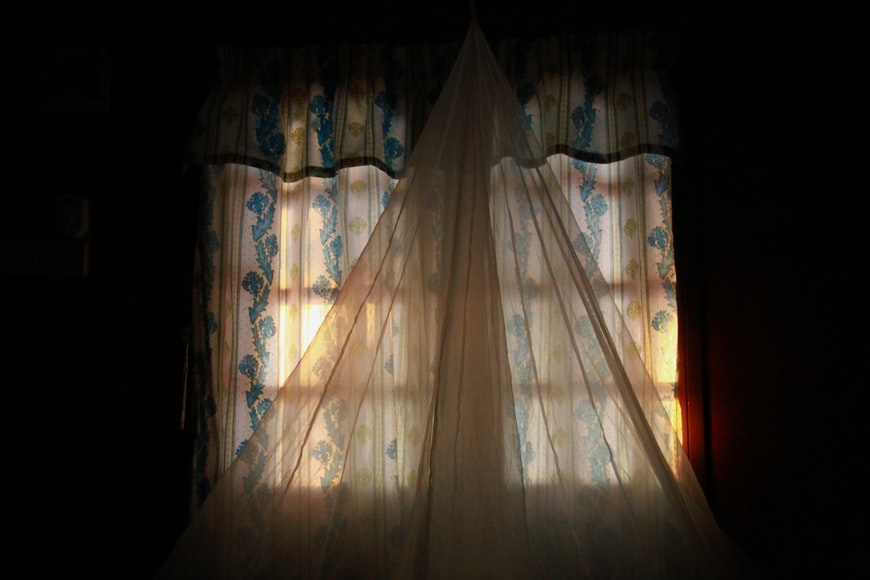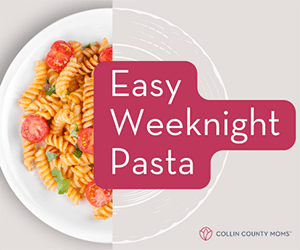What Is Normal?
As a kid, I often wondered what my uncle would have been like if he was “normal.” I never knew him well, because I was told on separate occasions that he was dead, or missing, or crazy. There were rumors, of course. We listened to stories that he was not dead at all. Instead, we were secretly told that he lived upstairs in my grandmother’s house. We always laughed at this prospect. It was not only outrageous to us children, but also a downright insult to our intelligence. Surely, we said with a confidence only children possess, we would have seen him at some point. Why, we wondered, would a grown man choose to live with his mother? And especially HIS mother. We were sure then that he was obviously dead. Because each one of our hind legs had intimate experience with our grandmother’s temper, and anyone willing to live with that rage would definitely need their head examined.
Truth
But there was always that niggling sense that the story of what happened to our uncle was never quite the truth. There was a sudden red-faced shame and a furious attention directed to anything other than our uncle whenever we asked about him.
What happened to him? Is he alive? What was he like? These were questions that we bombarded the adults with but were only met with a hasty preoccupation with their cuticles or a rash request to look “over there” in order to change the subject. These gestures to direct our attention elsewhere never worked, of course. But with each passing year, we stopped asking and left the elephant sitting squarely on our hearts for the rest of our lives.
Stolen Lives
My mother’s brother died of gangrene in the end. A completely curable and unnecessary illness for someone “normal.” But for him, someone who obviously needed his head examined, it was what stripped him from our futures. He wouldn’t risk venturing to the shop across the road for milk, never mind visiting the doctor for what ailed him. Instead, he festered away in a tiny room veiled by its jaundiced lace curtains, until the end.
Finally At Peace
When I saw him for the first time, I was scarcely an adult. To me, he looked like a wizard, slumped in his chair, looking like he had just remembered something. He had a commanding white beard and wore what would not look out of place in Ebenezer Scrooge’s closet. Yet there was a delicate beauty to his face that suggested a peaceful presence. His eyes, still open, looked beyond where I stood at something far more interesting than what was around him: a road sign, maybe, indicating the bumps in the road were over and that he could now enjoy the ride. It occurred to me only then that his face may not have been so free of torment while he was living. But as he lay there, in his forever sleep, he was wrinkle free. And I was happy for him. His thoughts would not be tormenting him ever again where he was going.
People said it was a blessing that he went when he did. He was happy now, they said. I often wondered if it really was a blessing for him, or a relief for us alone that we no longer had to keep his secret shame.
Still Mourning His Loss
Even though I never knew my uncle, I am still mourning his loss. The life and experiences we could have enjoyed together were stolen from us through ill-conceived notions about his mental health. I selfishly imagined that out of all of his nieces and nephews, I could have been his favorite. Being a forgotten middle child, with a mouth that was good for nothing except catching flies, and scraggly hair that refused to be tamed, I was nobody’s favorite. But he could have changed all that. My uncle and I would have talked endlessly about books, or silly reality TV series that we would try, but decidedly fail, to wean ourselves off.
He would have dismissed Sister Mary’s serious ramifications for forgetting to bow my head every time Jesus’ name was mentioned in class. The knowing looks and sideways glances we would have shared over life’s absurdities. Faults would have laid with others only, never me. He would have always been on my side. It seems to me that he and I would have journeyed on a road less traveled, less serious, with less loss and quite possibly more joy.
Schizophrenia
But he had a diagnosis of schizophrenia, and that was that. Not any of my mind’s eye scenarios came to fruition. His mother, worried feverishly for his safety and unwilling to send him to the “looney bin” for the rest of his life, kept him home. She did what she believed was best. The love she had for him was so great that she set him up in his room where he may not have been happy, but existed in a world that kept him safe.
I like to think that her blisteringly harsh words landed on us, so they wouldn’t have to touch him. Her frustration with the cards her son was dealt had to escape somehow, I believe. Sometimes it boiled over so that we would depart down the garden and occupy ourselves for hours until she would calm down.
His Broken Heart
But then, he would have heard all of it, too. His heart would have been broken for me. Because I was his favorite, and he would have been my uncle then. The kind-hearted, quick-witted man I met in my dreams. The one I conjured up to replace the actual one in that room upstairs. The uncle I have never fully forgotten about. I know in my heart that he never really died at all. He lives still in my “if only” memories and stands for those around me that need to be seen. Through him, I can recognize the fear and shame people still feel when dealing with mental health issues.
But with my uncle’s death, the elephant that had been suffocating the truth throughout his life escaped, and what lay underneath was a scalding shame and an unfiltered reality.
The Wounds Mental Illness Leave Behind
Mental illness is something that needs support from the community because there is nowhere it is not. It lives and breathes among us and is as deeply wounding as cancer or amputation. Pretending it doesn’t exist does no one any good. And praying (even really hard) will do nothing to shift its deep impact. Diagnosis, medication, support, and acceptance are the only surefire ways to deal with mental health issues.
The stigma of having a relative who went through life untouched, unloved, and unknown, does not sit well with me. Nor should it. The deeply unadulterated dishonor of not doing anything to help is continuously carried by those of us who are left behind.
It seems to me that my uncle was not the only one who needed his head examined.
If you, or anyone you know needs help with mental health issues, visit here for mental health resources in Collin County.















